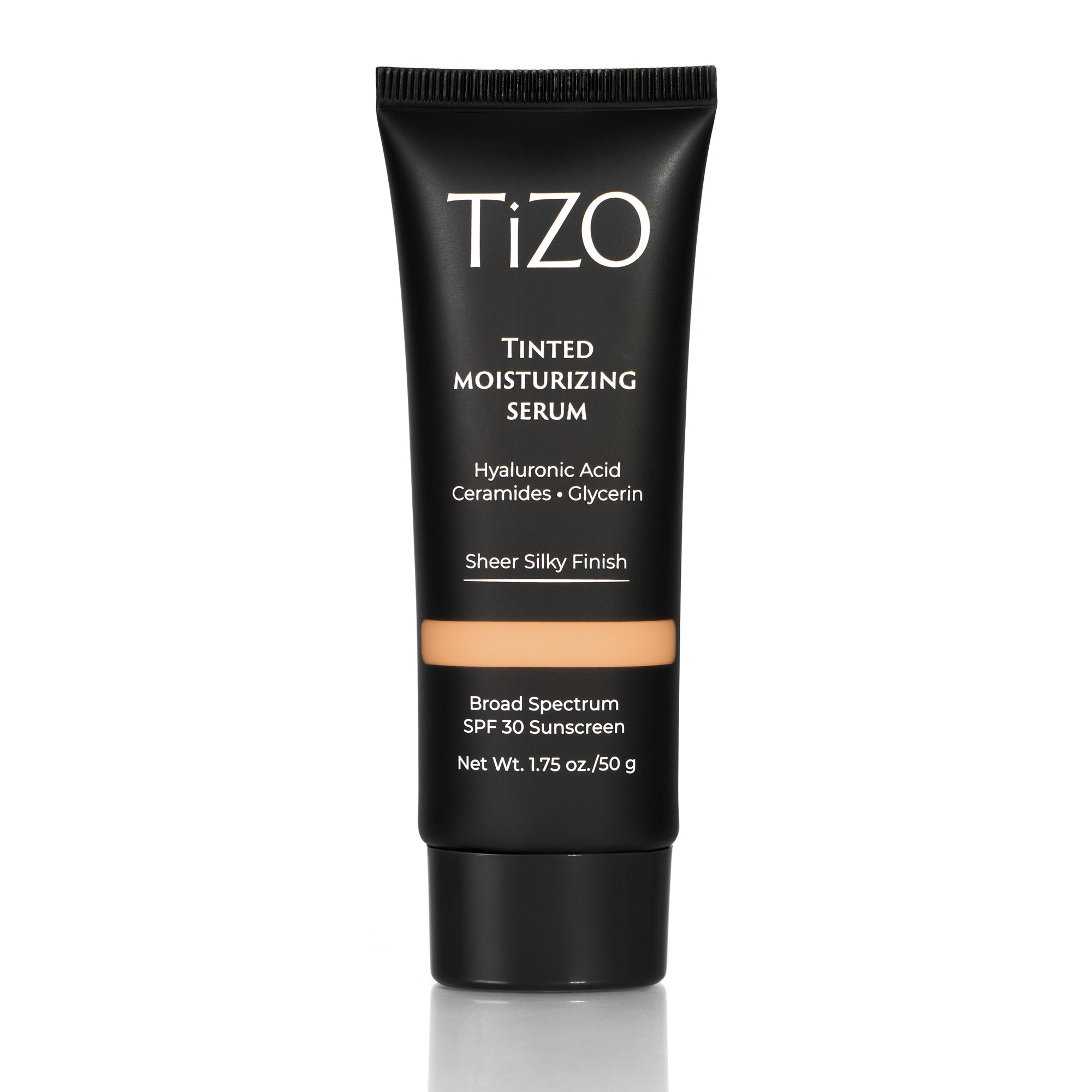3 Reasons For Sunscreen Everyday
Did you know that up to 80% of UVA rays from the sun can penetrate through clouds? And that UVA rays also penetrate glass? If you thought that not wearing sunscreen on a cloudy day was fine or that getting sun through your office or car window was no big deal, it’s time to revisit your relationship with sunscreen. Sunscreen has been traditionally thought of as a beach or pool accessory, but we are here to change that. Here are three reasons why you must wear sunscreen every single day of the year:
Decrease your chances of getting skin cancer
If for no other reason, wear sunscreen to protect yourself from deadly skin cancers. Studies have shown that one of the leading causes of squamous cell carcinoma, basal cell carcinoma, and the deadliest skin cancer, melanoma, are linked to sun exposure. After all, the damage associated with UV exposure is cumulative. Having just one blistering sunburn, or five less severe sunburns, in your life doubles the chance of you developing skin cancer1.
But you don’t need to have a sunburn to be at risk of skin cancer. Even a tan is a sign of cellular skin damage that can lead to skin cancer. Those with darker skin tones are especially at risk because there is typically no reddening of the skin visible, even though cellular damage has still occurred.
Sunburns don’t just occur in the summer either. If you’re an avid skier or snowboarder, you need to be especially careful because snow is highly reflective and can cause serious sun damage to exposed areas. Not to mention that winter sports take place at higher altitudes where UV rays are stronger due to a thinner atmosphere. UVA rays are also just as strong in the winter as they are in the summer, so it’s important to make wearing a broad spectrum sunscreen part of your daily routine.
Prevent premature aging
Both UVA and UVB rays are known to be the leading cause of premature skin aging. We’re talking fine lines, wrinkles, dark spots, leathery skin, and skin sagging. UV radiation penetrates deep into the skin, damaging the cells throughout those layers, which causes the skin to lose its elasticity. Like we mentioned before, UVA (A for aging) rays, are just as strong in the winter as they are in the summer. The best news, though, is that this damage is preventable with daily sunscreen use! It is never too early to start taking preventative measures against premature aging, and even if you already have some damage, starting now will help prevent any further damage.
Maintain an even skin tone
An uneven skin tone is one of the unfortunate effects of sun exposure. Dark spots are common, but you can also get broken blood vessels from UV exposure. Neither one of these are flattering, and again, the simplest way of keeping your skin tone even and beautiful is by wearing a great broad spectrum sunscreen every single day.
The TIZO Mineral Sunscreen Line features products that you will actually want to wear every day. Our best-selling product, TIZO3 SPF 40 has the silky soft texture of a makeup primer and our TIZO Ultra Zinc Lightly Tinted SPF 40 leaves your skin looking dewy and moisturized.
We get it, you don’t want your face smelling like a coconut in the middle of winter. For that reason, and to ensure that our sunscreens are the gentlest on the skin, we don’t use any fragrances in our products. Instead of dyes, we use another mineral to give our products that beautiful tint: iron oxide. This helps to even out the skin tone and makes our tinted products super versatile for all skin tones. If you prefer non-tinted formulas, no worries. Nearly all our products are available non-tinted as well.
With TIZO, you always know that your sunscreen is broad spectrum, meaning it offers coverage from both UVA and UVB rays, because all our products are formulated with zinc oxide. Zinc oxide offers the most coverage across the light spectrum, ensuring that you are fully protected.
In short, we’ve got you covered! 365 days of the year.
1 “Sunburn & Your Skin.” The Skin Cancer Foundation, 12 Aug. 2020, www.skincancer.org/risk-factors/sunburn/.



Leave a comment